Accurate pressure measurement is critical in many industries, especially in sectors such as oil and gas, aerospace, manufacturing, and chemical processing, which are heavily represented in the Houston area. In such high-stakes environments, even a minor deviation in pressure readings can lead to equipment failure, safety issues, or costly downtime. That’s where Pressure Gauge Calibration Services come into play.
In this blog post, we’ll dive deep into the Houston calibration standards for pressure gauges, highlight what businesses need to know about maintaining accurate measurements, and explain how professional calibration ensures compliance, safety, and operational efficiency.
Why Pressure Gauge Calibration Matters
Pressure gauges are used to monitor and control pressure levels in systems such as boilers, pipelines, and hydraulic equipment. Over time, gauges can drift from their original calibration due to mechanical stress, exposure to extreme temperatures, vibration, or age. This drift can compromise the reliability of the reading, leading to inaccurate data and potentially hazardous conditions.
Pressure Gauge Calibration Services ensure that each instrument reads pressure values within a known and acceptable tolerance when compared to a standard reference. These services help you:
- Avoid system failures or accidents
- Meet ISO, ANSI, NIST, and industry-specific standards
- Pass audits with minimal stress
- Reduce long-term maintenance costs
- Improve process efficiency and product quality
If you’re based in Houston or serve clients in the area, adhering to recognized calibration standards isn’t just a recommendation—it’s a necessity.
Overview of Houston Calibration Standards
Houston, being a hub for energy, aerospace, and petrochemical industries, follows strict calibration standards that align with national and international regulations. When choosing a calibration service provider in the Houston area, you should ensure they adhere to:
- NIST-Traceable Standards – All calibration instruments should be traceable to the National Institute of Standards and Technology (NIST). This guarantees consistency and national compliance.
- ISO/IEC 17025 Accreditation – This international standard confirms that a lab operates competently and can generate valid calibration results.
- ANSI and ASME Compliance – Standards such as ASME B40.100 (for pressure gauges) provide technical guidelines for gauge accuracy, design, and construction.
You could check here for more detailed regulatory information from the ASME website.
What Happens During a Calibration?
Calibration is not just about testing whether a gauge works—it’s a precise procedure. Here’s what to expect when you contract Pressure Gauge Calibration Services:
Initial Inspection
Technicians begin by examining the gauge for physical damage or wear that might affect performance.
Testing Against a Reference Standard
The gauge is tested using a pressure calibrator or deadweight tester to compare readings against a highly accurate reference.
Adjustments and Recalibration
If the gauge readings deviate beyond acceptable limits, technicians adjust it back to the correct values.
Documentation and Certification
A calibration certificate is issued, detailing the test results, methods, and standards used. This documentation is crucial for audits and compliance.
Labeling
Gauges are tagged with the calibration date, due date, and technician information for traceability.
If you’re not sure whether your equipment is due for service, you can find out more by reviewing your asset management records or contacting a Houston-based calibration expert.
Industries That Rely on Gauge Calibration in Houston
Calibration needs vary depending on the industry. In Houston, the following sectors have the highest demand for Pressure Gauge Calibration Services:
- Oil & Gas: Accurate pressure readings are crucial for well control and pipeline monitoring.
- Aerospace: Calibration affects fuel systems, hydraulics, and flight control systems.
- Chemical Processing: Precision is essential to prevent hazardous leaks and maintain batch integrity.
- Manufacturing: From automotive parts to electronics, consistent pressure monitoring supports product quality.
For specialized applications, custom calibration protocols may be required. A reputable provider will offer industry-specific solutions to ensure precision and compliance.
Signs Your Pressure Gauge Needs Calibration
Routine calibration is important, but how do you know when a pressure gauge may be out of spec? Look for the following signs:
- Fluctuating or erratic needle movement
- Gauge does not return to zero
- Physical damage to the gauge or dial
- Inconsistencies in system performance
- Period since last calibration exceeds manufacturer recommendation
Don’t wait for a failure to occur. Find out if your equipment is due for service by scheduling regular assessments.
Choosing the Right Calibration Partner in Houston
The quality of Pressure Gauge Calibration Services depends heavily on the provider you choose. When evaluating a calibration lab, consider the following:
- Accreditation and Certification: Confirm that they are ISO/IEC 17025 accredited and use NIST-traceable equipment.
- Turnaround Time: Timely service is essential to minimize downtime.
- Mobile Calibration: On-site service is a major plus for companies with large inventories of pressure instruments.
- Experience in Your Industry: Choose a provider familiar with the regulatory and operational needs of your sector.
- Comprehensive Service Offerings: The best companies also offer calibration for related tools like thermometers, flow meters, and torque instruments.
Want to see what a top-tier provider looks like? Go right here to explore a detailed service comparison.
Maintaining Compliance with Regular Calibration
Ongoing calibration isn’t a one-time task—it’s a long-term commitment. Companies should establish a calibration schedule based on:
- Manufacturer guidelines
- Equipment usage frequency
- Environmental exposure
- Industry regulations
You can manage this with a calibration management plan that includes automatic reminders, digital asset tracking, and service logs. There are even software tools that can assist you. Check over here for tech tools that support equipment calibration scheduling.
The Bottom Line
In a city as technically demanding as Houston, pressure gauge calibration isn’t optional—it’s essential. Choosing the right Pressure Gauge Calibration Services ensures not only regulatory compliance but also safer operations and improved performance. Whether you’re in aerospace, petrochemicals, or industrial manufacturing, working with a trusted Houston calibration provider will help you stay ahead of mechanical failures and audit nightmares.

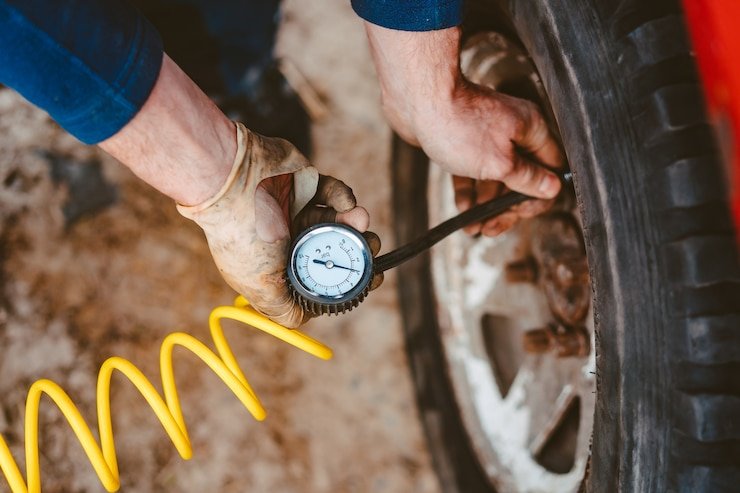
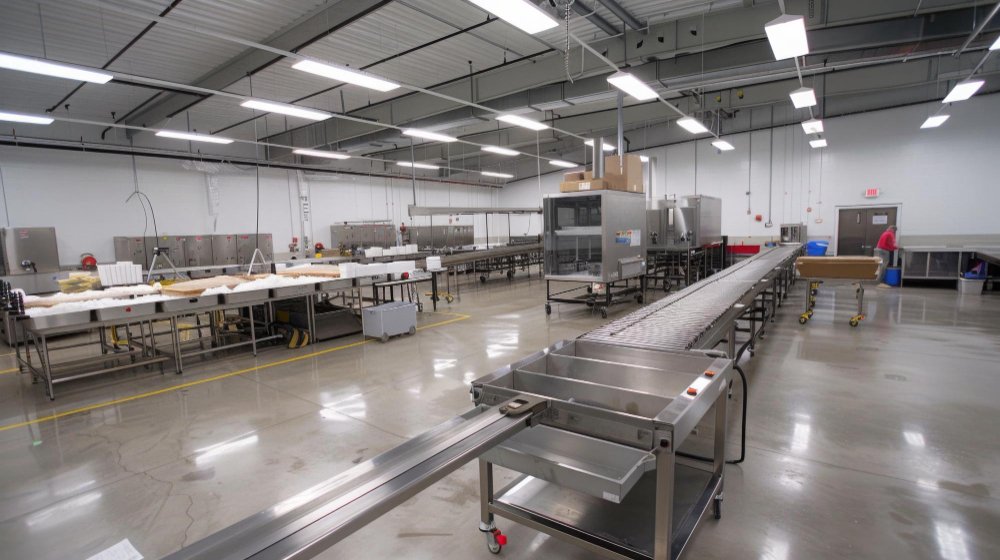
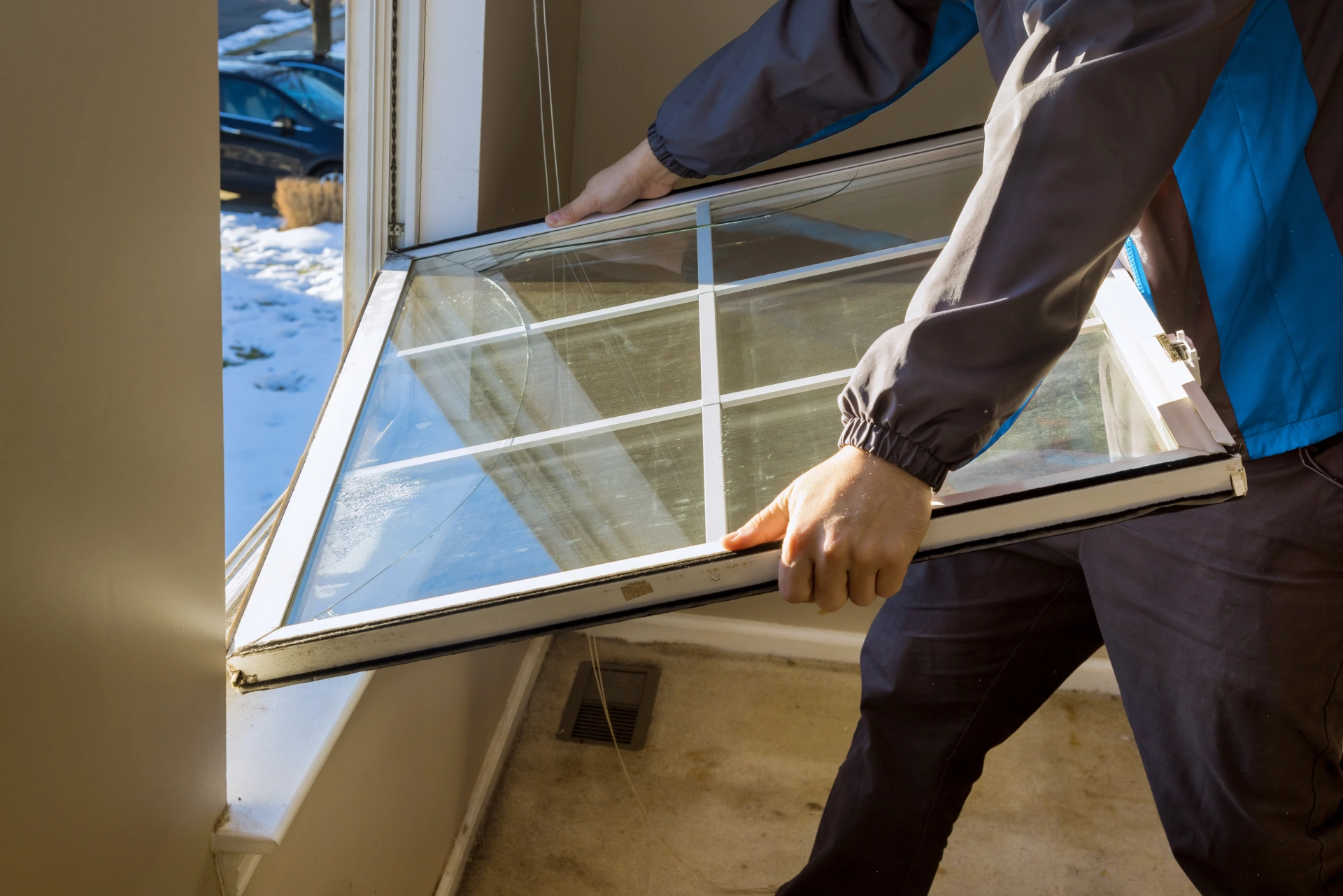
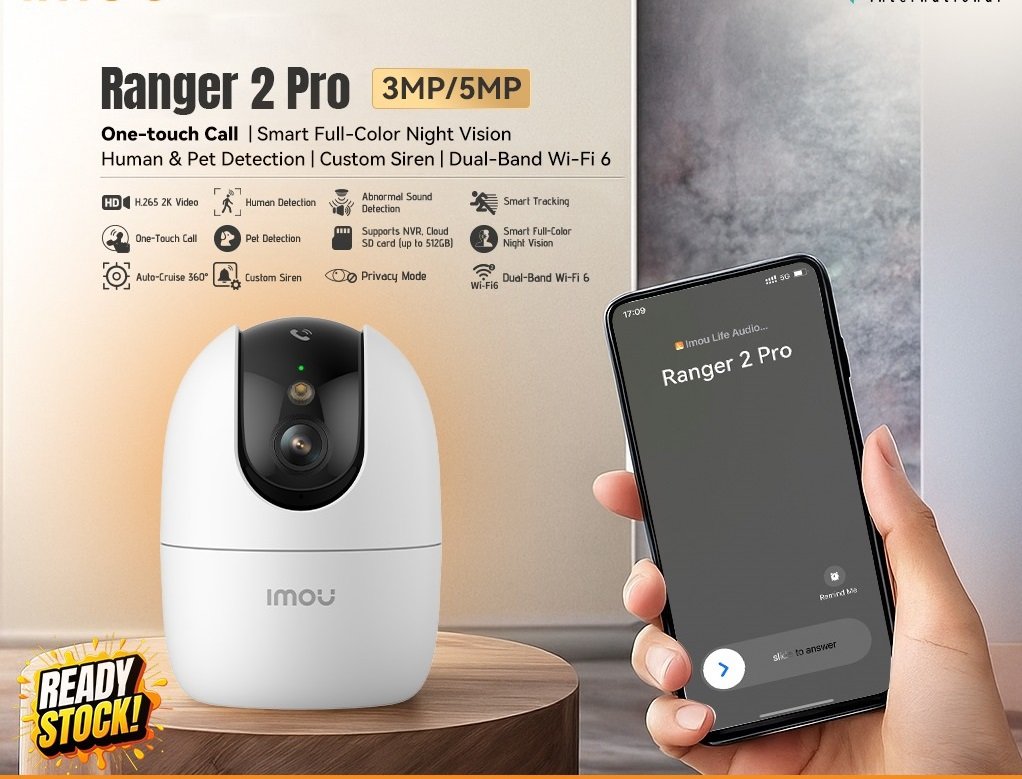
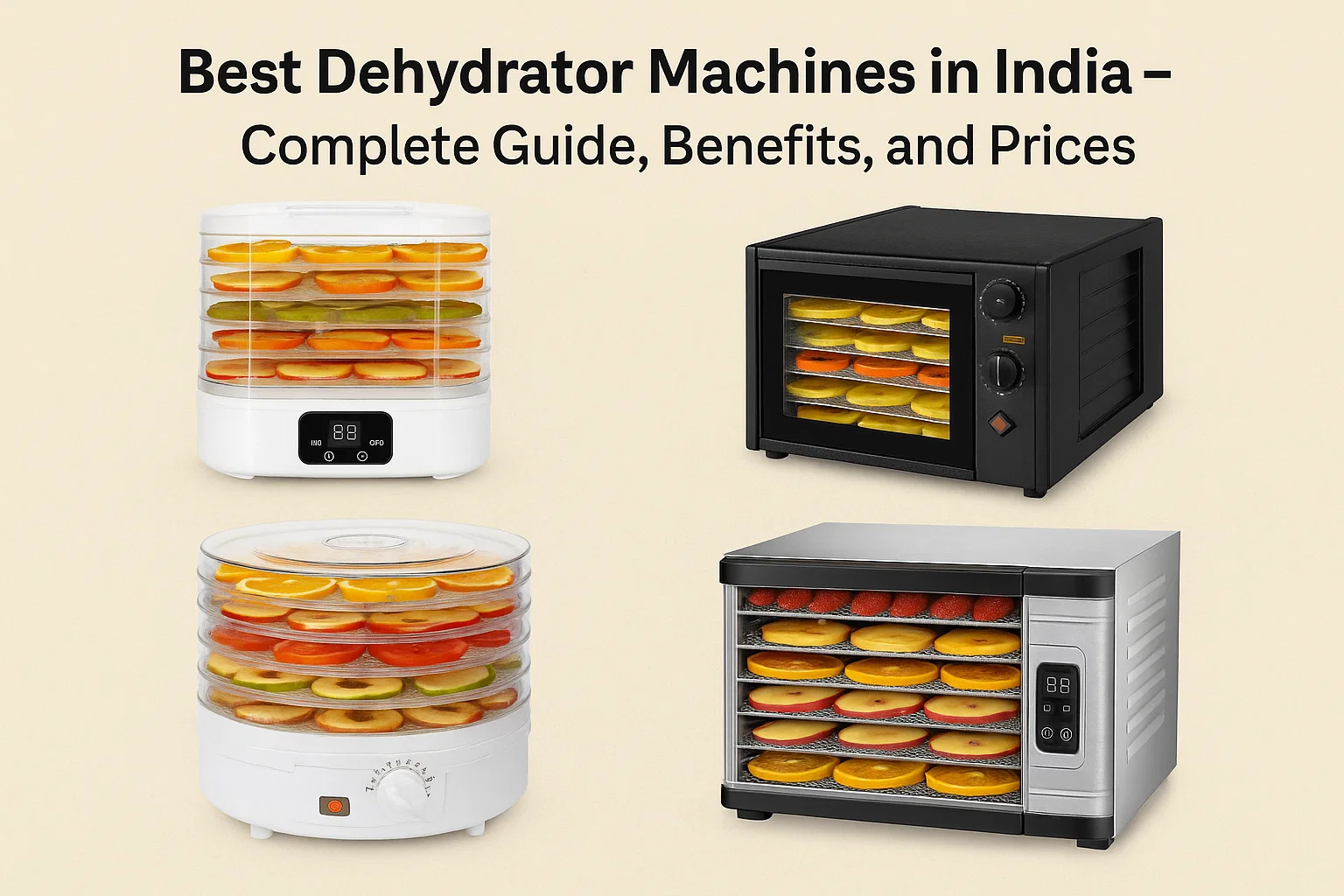




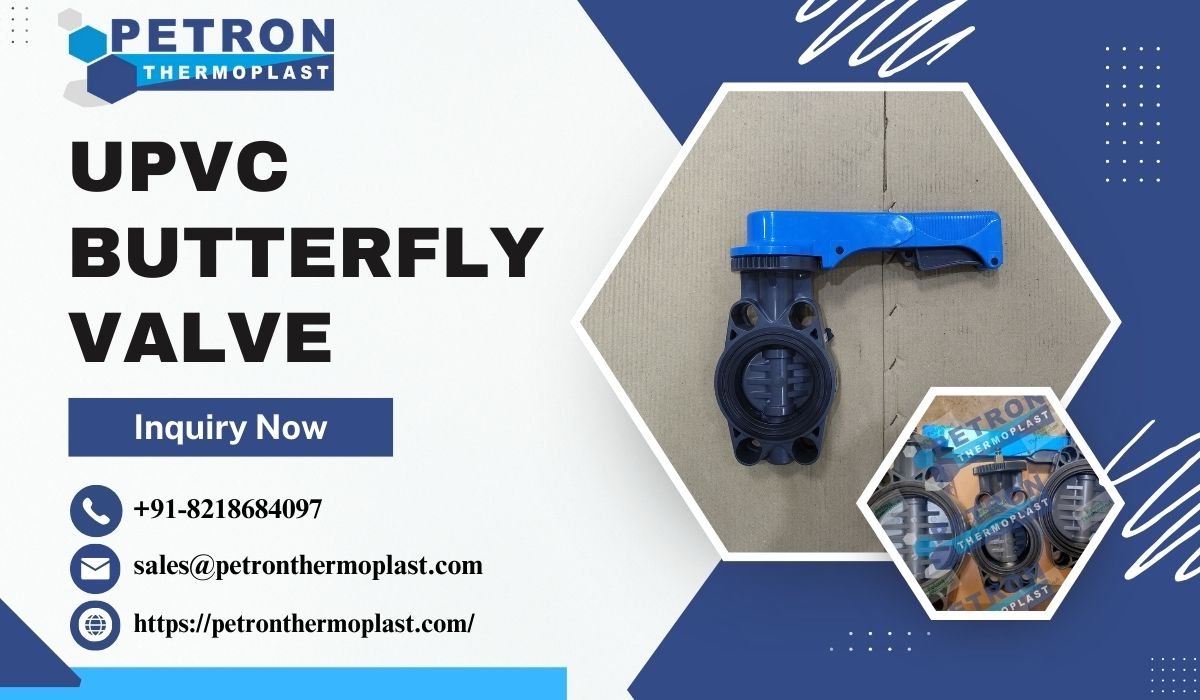


Leave a Reply